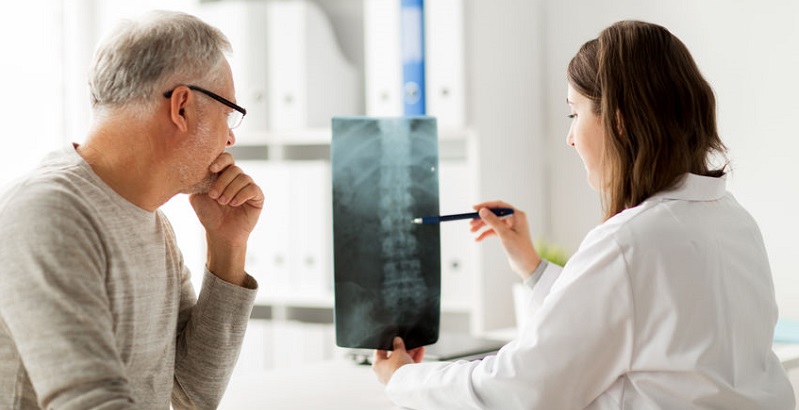Even if you don’t think you were hurt, you should still see a doctor so that your injuries will be properly documented. The medical records generated by that visit will be critical evidence if you decide to pursue an injury claim for compensation.
The Older You Get, the More Likely You’ll Need to Act on This Information
Most people will experience a slip-and-fall accident at some time in their lives, and often it will be someone else’s fault. According to the National Floor Safety Institute:
- Most slip-and-fall accidents happen at ground level.
- Such accidents account for more than eight million emergency room visits each year.
- Half of all accidental deaths that occur at home are caused by a fall.
- Twenty-two percent of all slip-and-fall accidents result in losing more than a month of work.
- Slip-and-fall accidents are the leading cause of compensable injury in the trucking industry.
- One out of every three people over the age of 65 in the United States will experience a fall each year.
Slip-and-fall accidents can happen anywhere, without warning. What should you do if you sustain an injury?
- Get medical attention. Your health should be your top priority after a slip-and-fall accident. Even if you don’t think you were hurt, you should still see a doctor so that your injuries will be properly documented. The medical records generated by that visit will be critical evidence if you decide to pursue an injury claim for compensation.
- Report the incident. No matter where the accident occurred, you should report it to the appropriate person, such as an owner or manager, and ask them to make a written report of what happened. Request a copy of the report before you leave.
- Gather documentation. Obtain the names, addresses, phone numbers, and email addresses of any witnesses whose statements could help you prove your claim. Take pictures of the location where you fell, carefully photographing conditions that may have contributed to the incident, such as poor lighting, wet or icy patches, un-shoveled sidewalks, and uneven flooring. Also, keep the shoes and clothing you were wearing at the time of the accident. They may become relevant evidence at some point.
- Keep the details to yourself. Although it is necessary to communicate with the owner or manager of the property about your accident, don’t post details on social media or take any blame for what happened. If an insurance company asks for a statement, decline their request until you have retained legal representation.
- Talk to an attorney. Since slip-and-fall accidents can be difficult to prove, it probably makes sense to schedule a consultation with a Colorado personal injury attorney who handles this type of injury. An attorney will assist with all necessary paperwork, ensure that deadlines are met, and guide you through the complicated legal system.
The law requires the owners or managers of buildings, homes, parking lots, and walkways to maintain their property and ensure that they are safe. Failure to do so could result in a slip-and-fall accident and premises liability claim.
The sooner you retain an experienced attorney, the better. He will ask the right questions, handle negotiations with the other party, ensure that the claims process runs as smoothly as possible, and do everything possible to maximize your recovery.
If you or a loved one has been injured in a slip-and-fall accident in Colorado, contact personal injury attorney Dan Rosen at (303) 454-8000 or (800) ROSEN-911 to schedule your free initial consultation.

